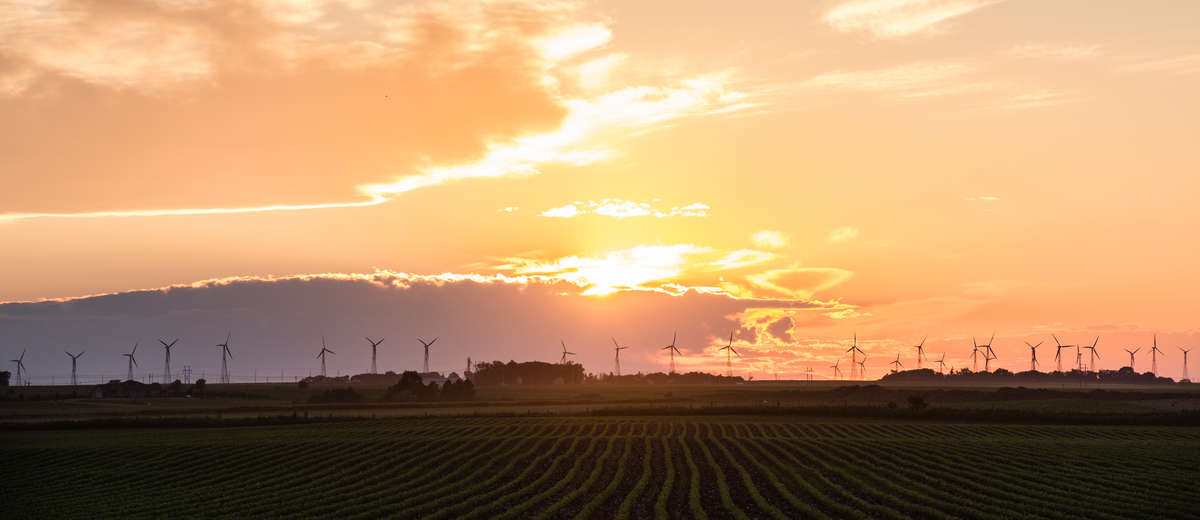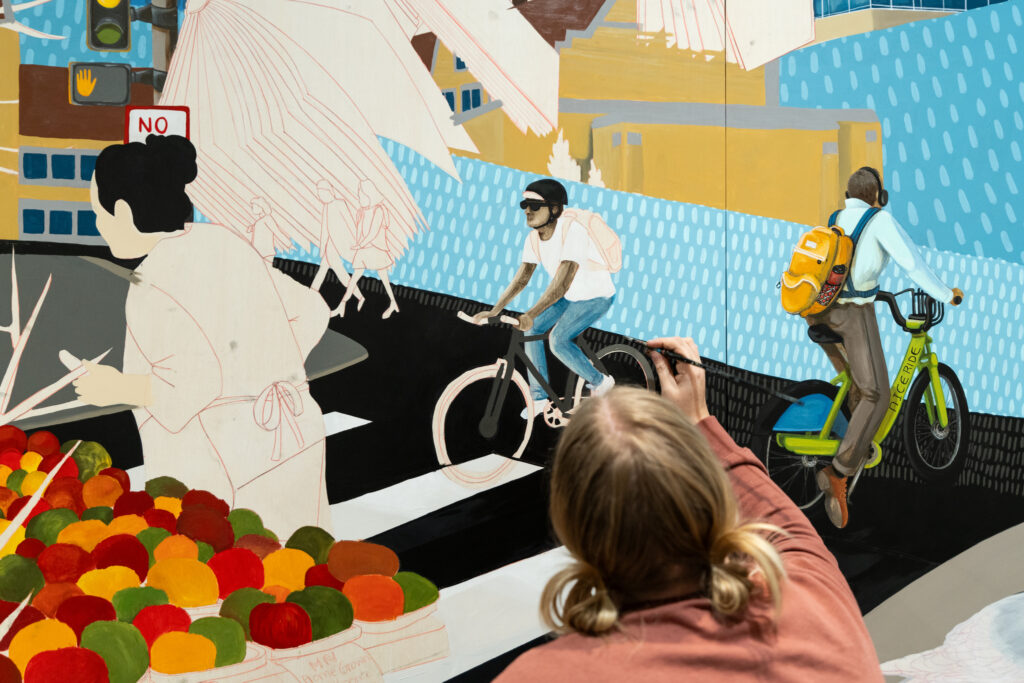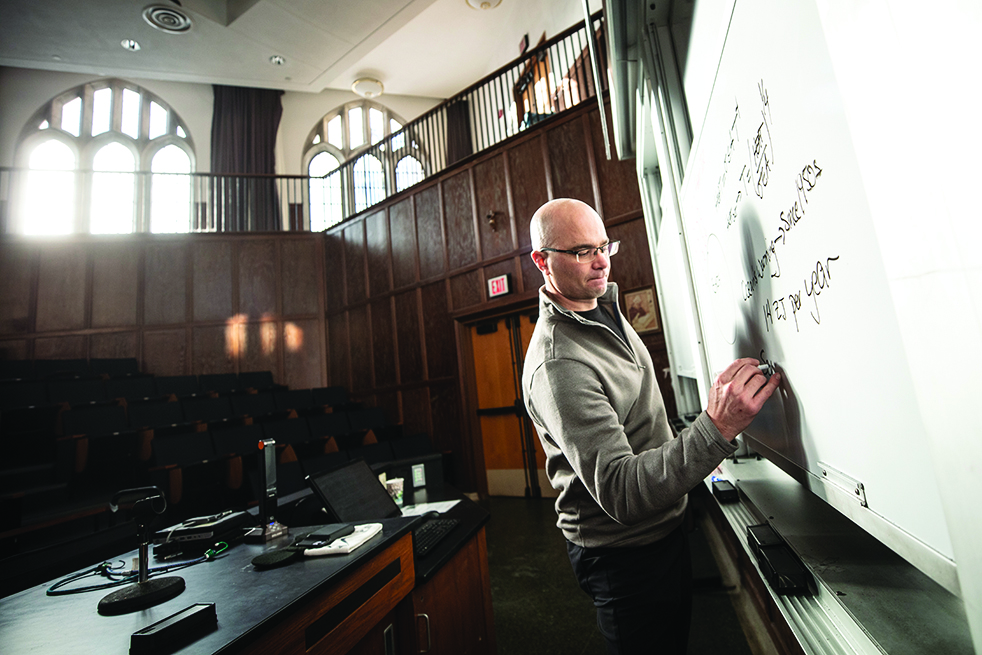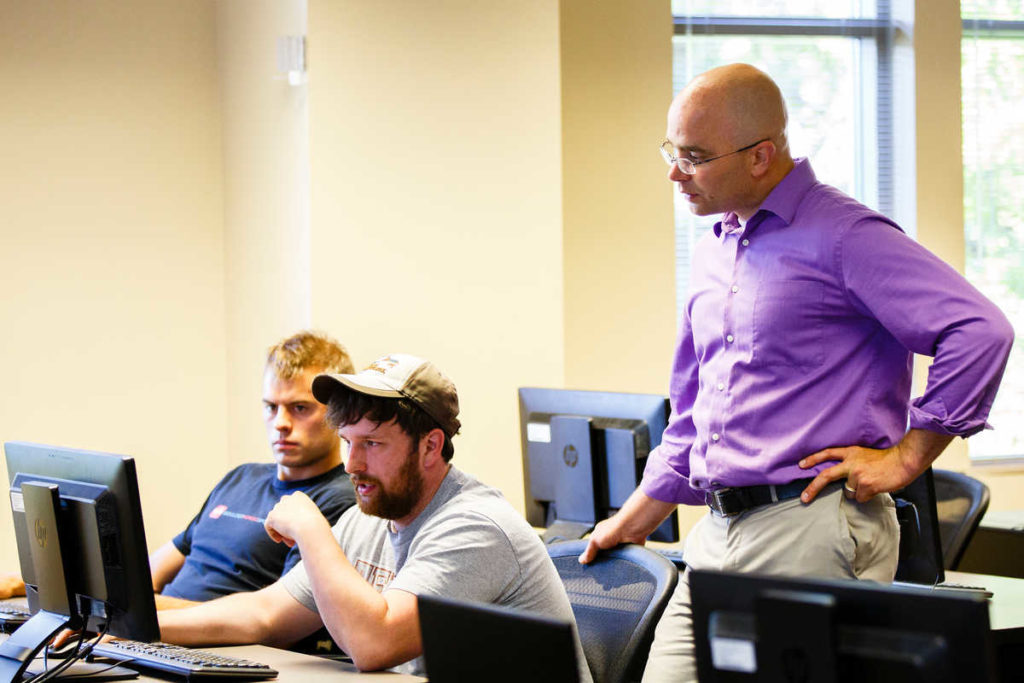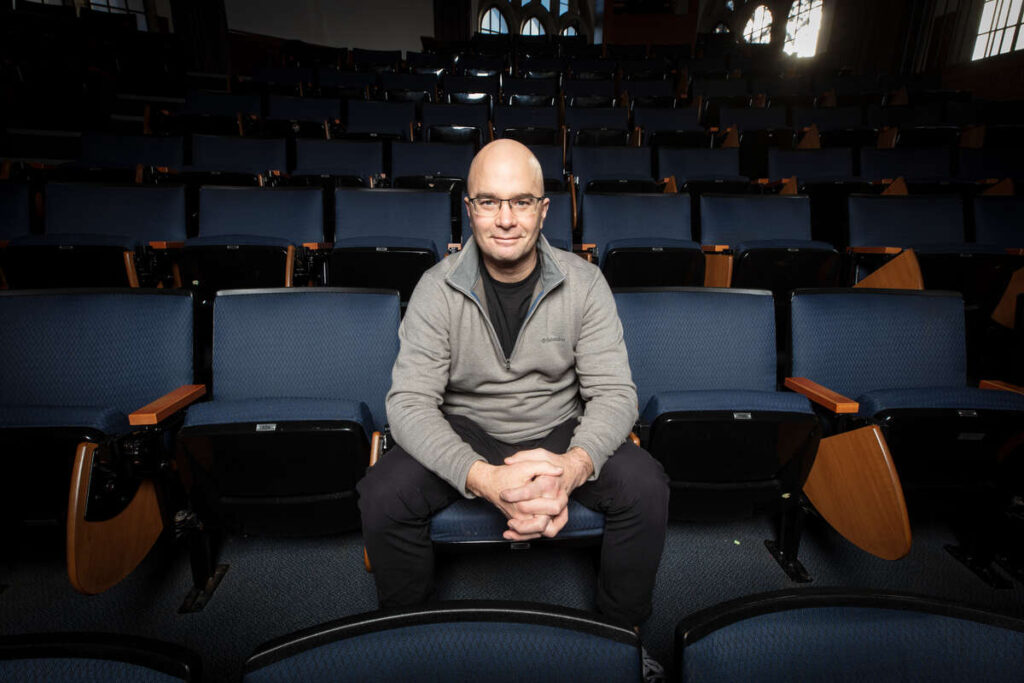As billions of people's behaviors change around the globe in response to the spread of COVID-19, many are noting changes in the environment, as well, from satellite images documenting less air pollution, to clearer water in the canals of Venice.
We spoke with School of Engineering professor and climate change expert John Abraham for some perspective on the overall impact of COVID-19's impact on climate change, and what lessons can be drawn going forward.
How do you view the impacts of COVID-19 on the overall issue of climate change?
Not much is positive, at least on the climate and environment front. Certainly the loss of economic activity has resulted in a lot less air pollution ... However this is
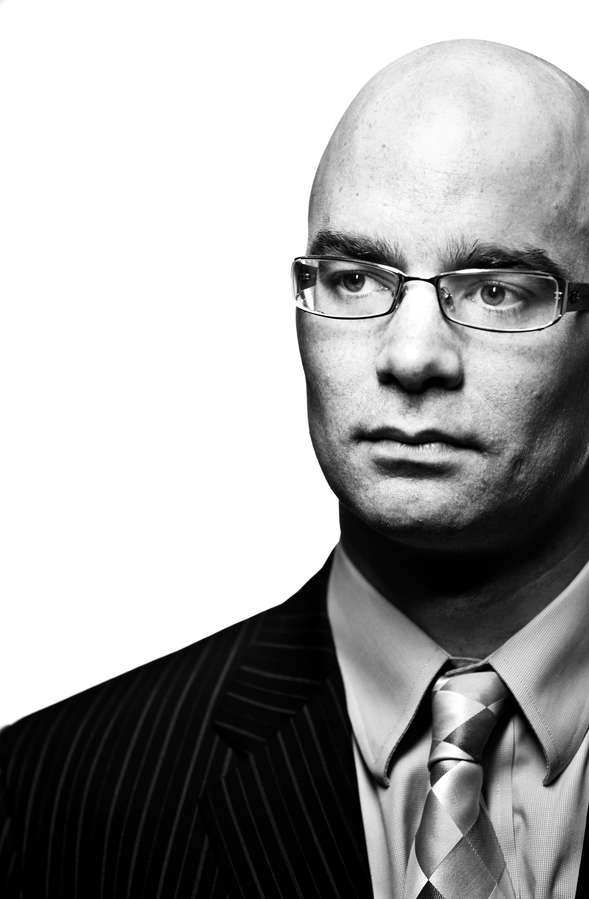
Professor John Abraham
short term and we really cannot totally shut down economies as a way to solve the pollution problem.
However, one positive aspect is that this virus has told us that if we work together, and if we listen to science, we can solve really challenging problems. The social distancing we've done and medical research will bring us out of this mess. We have listened to the experts and they have given us great advice. We could argue that this could be replicated in climate/environmental issues: We can listen to the experts and follow their guidance. If we do we can actually make the problem much less severe.
While shutting down economies isn't a long-term fix, do you see or hear about any specific behaviors (more remote working, less international travel, etc.) that you could envision more fundamentally shifting in the long term that could be a positive in regard to climate change?
Great question and excellent observation. I expect that with remote working, people are finding ways to be productive that avoid commuting to work on a daily basis or traveling long distances for conferences and business meetings. While right now, we are probably all sick of being at home, scientists hope that when the virus subsides, people adjust to a hybrid model that involves some working from home and some working in person. If, for instance, a large percentage of people end up continuing to work from home even a couple of days a week, it would greatly reduce transportation emissions. It would also greatly reduce stress on our roads and bridges and maintenance costs. So yes, there may be some long-lasting behaviors that we change because of our experience over the past month or so. A result would be lowered greenhouse gas emissions as well as other airborne pollution that hurts our health.
Next week is Sustainability Week for the St. Thomas community; are there things people can and should be thinking about for how they can maintain more sustainable behaviors and help in a collective battle against climate change?
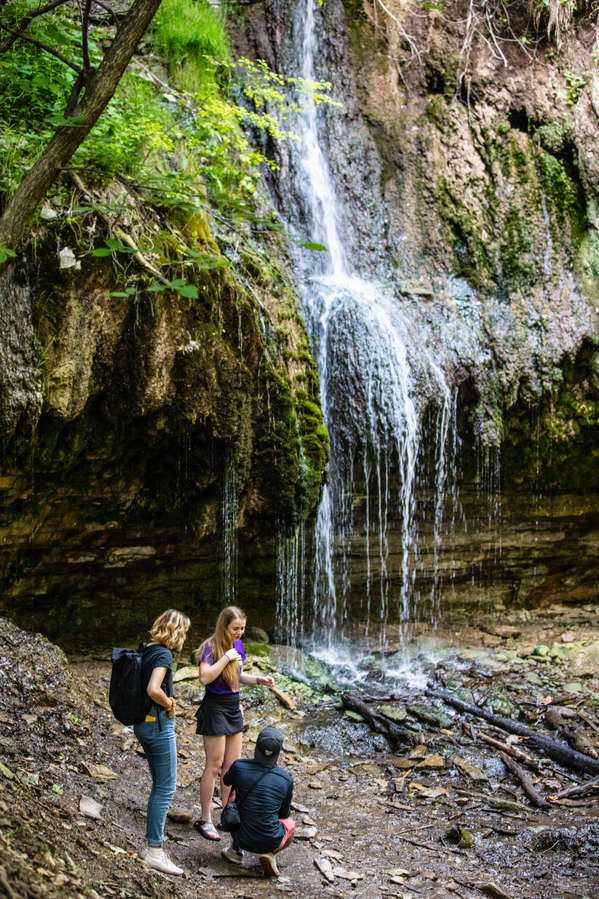
There are really two things people need to know. First, the problem is real and present. We’ve known about global warming for a long time and we are starting to see the impacts (stronger storms, more heat waves, fires, rising sea levels, etc.). Rational people are no longer denying the reality of global warming.
But equally important is that there is something we can do about it. We can reduce our emissions by changes to our behaviors and with current green energy technology. By using more low-cost wind and solar power, by insulating our house and businesses, by reducing unnecessary travel, and by encouraging low-emission industries, we can bend the curve of climate change. The only thing we have lacked is the will.
I hope that COVID-19 has shown us that when we act together, great things can happen. Since I also work on infectious diseases in the developing world, I have followed the coronavirus since early January. Scientists knew this was going to hit the USA and would be a huge burden. But what we did not expect is that people in the USA and around the world would take social distancing so seriously. Frankly, what saved us was not new science, but rather common sense. Who would have thought our fellow citizens would have taken action to stop this looming disease?
In the exact same way, who expects our fellow citizens to take action against climate change? I have been skeptical for years about our will to handle the climate crisis, but now I (and my scientific colleagues) have a new sense of hope. The world has shown that when we need to act, we can.
Are there any other thoughts about the relationship between COVID-19 and climate change that have been on your mind amidst all this?
It will be interesting to see how the steep economic downturn affects the development and installation of green energy solutions around the world. We don’t yet know if the investment in green energy will take a big hit.
